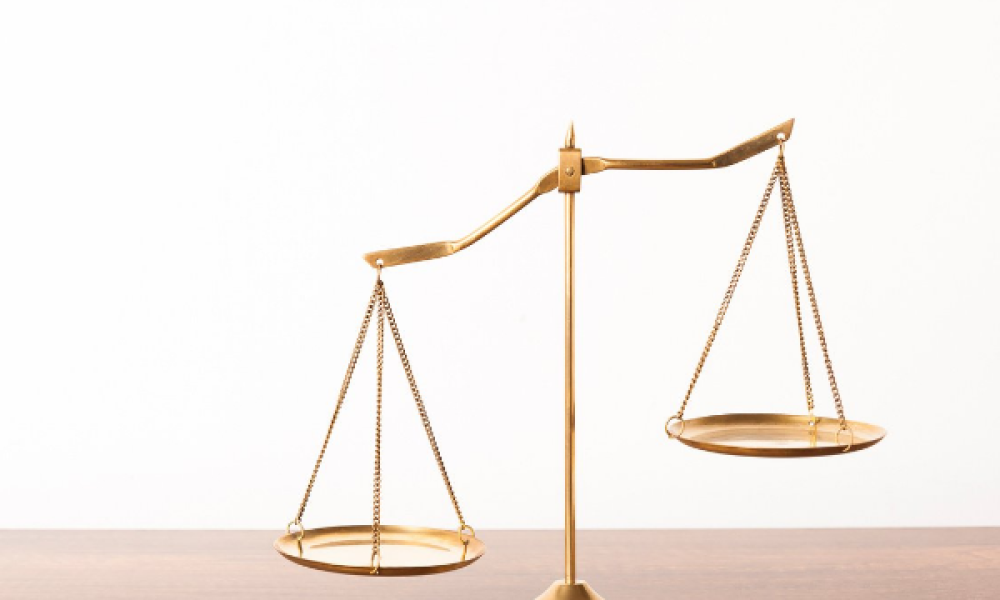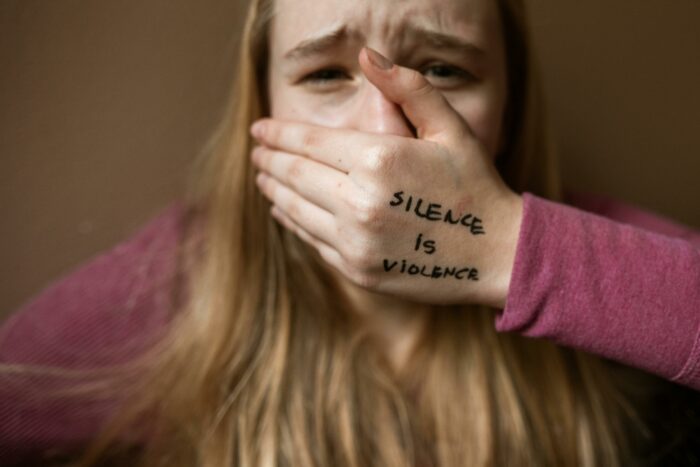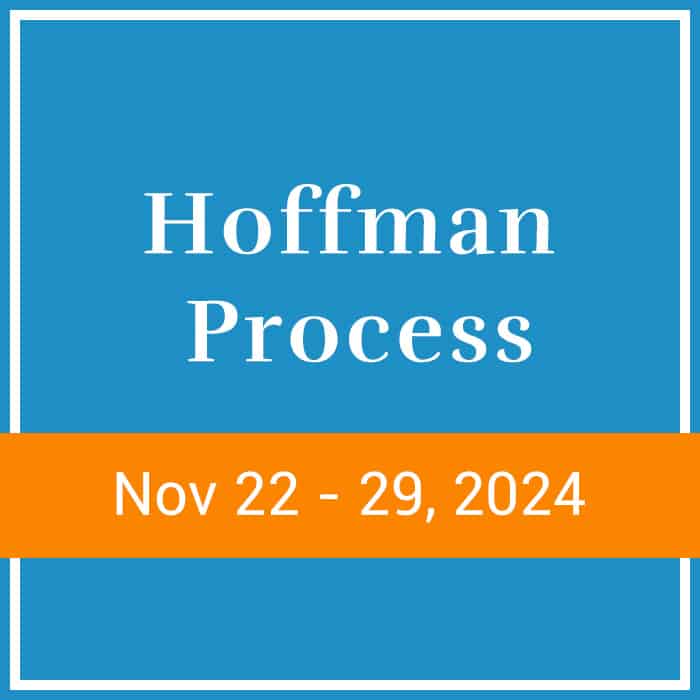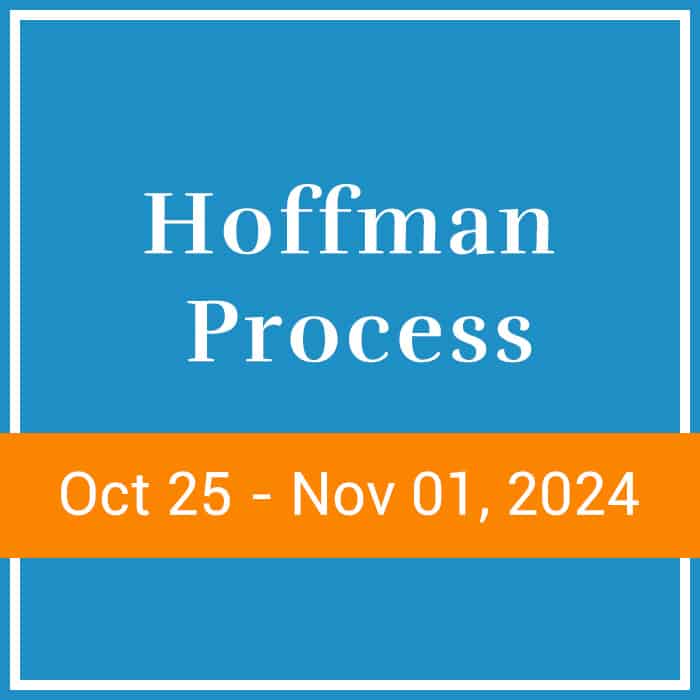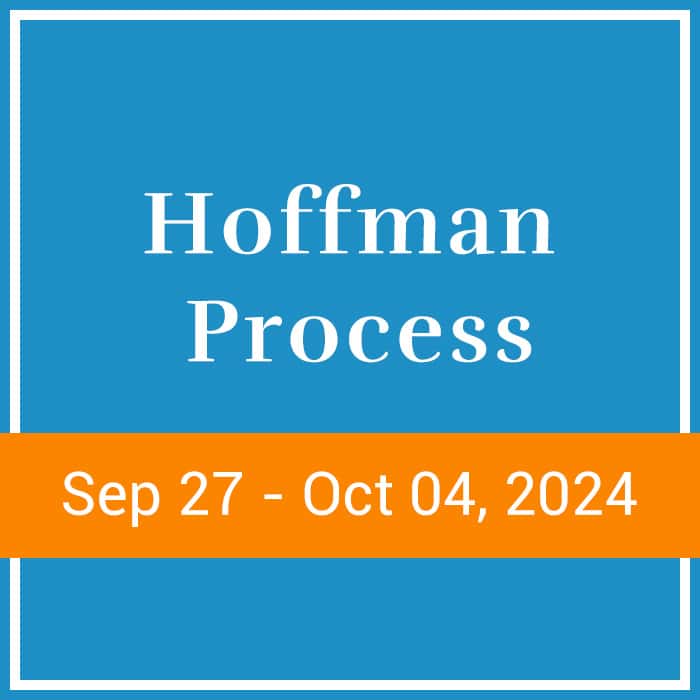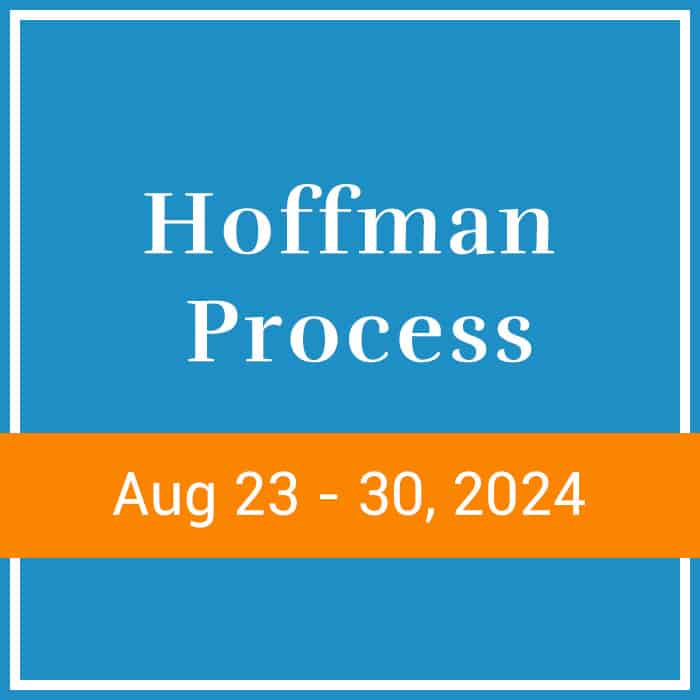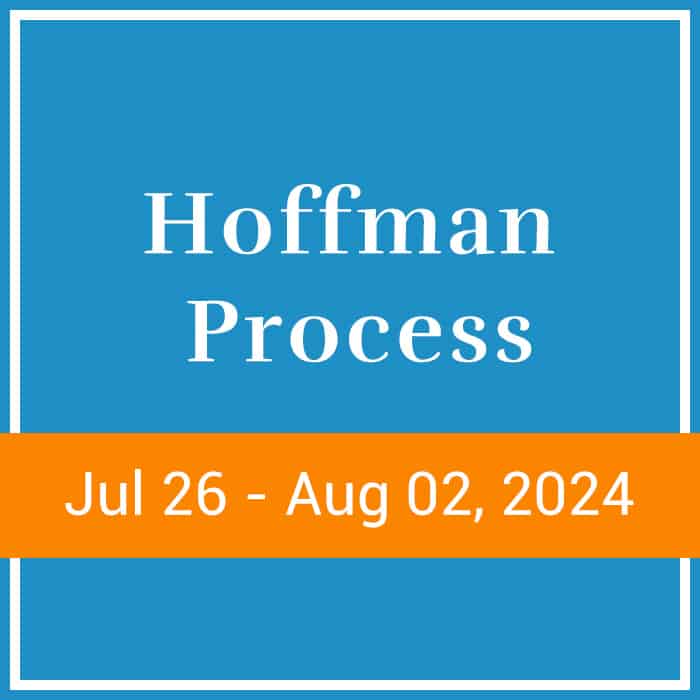With ongoing debates on vaccines, masks, political preferences and beyond, the world may seem as divisive as ever these days. One scroll through your social media feed and you’re likely to come across a heated exchange between individuals who are sure they are on the “right” side and that their opponent is completely wrong. In terms of the pandemic, freedom and obligation seem to be at war. One side sees mandates as an infringement on personal freedoms. The other side sees mandates as necessary obligations that uphold the common good. Read on to find out why divisiveness isn’t the best answer and how to find the middle place.
Masks Debates & the Spanish Flu
Divisiveness is nothing new, not even when it comes to pandemics and masks. During the Spanish flu outbreak, Victorians in 1919 Melbourne faced the same debates they do today. Some thought masks were ineffective, while others argued for their widespread use. Some stayed home as lockdown orders demanded, yet others continued working, often hiding their illness to do so.
In the U.S., the ‘Anti-Mask League‘ held rallies denouncing mask ordinances, decrying what they viewed as an unconstitutional violation of their civil liberties. Men, women, and children who appeared in public without masks were labeled ‘dangerous slackers’ and ordered to pay hefty fines. Deeply ingrained ideals of individual freedom and ubiquitous misinformation only seemed to fuel the divisiveness, much as it does today.
In Defense of the Common Ground
While there is nothing inherently wrong with living according to what one sees as their obligations or choosing instead to live by one’s own self-determination, either of these scenarios can be taken too far. When we become too identified with our opinions and ‘our side’ to the point of shutting others out and reserving our compassion for only those who agree with us, the divide between ‘us’ and ‘them’ deepens. Instead of choosing ‘us’ or ‘them’, would it be possible to choose a place of compassion and empathy in even the most difficult situations for even the most triggering individuals? After all, one of the core teachings of the Hoffman Process is that while other people may trigger us, our reactions are 100% our responsibility to deal with.
How the Hoffman Process Heals Divisiveness
During the Process, participants learn a number of useful tools and practices that enable them to become more mindful so that they can respond to triggers from a place of conscious choice. In identifying negative patterns and tracing them back to their origin (caregivers), participants are able to shift their perspective by realizing and understanding how these patterns have been learned and how their caregivers also learned these patterns from the generation before them. Participants then have the opportunity to cultivate empathy and compassion for those who may have disappointed them in the past.
This compassion is a mere starting point, though. Compassion for one’s parents expands so that participants also learn to have compassion for those around them, even those who follow a different path. In walking in another person’s footsteps, they become open to new ideas from someone else’s point of view. This creates an openness that didn’t exist before. Understanding and having compassion for another’s experience doesn’t correlate with changing one’s own stance, but it does allow us to stay in relationship, holding this difference, rather than creating more divisiveness, which ultimately corrodes community. While today’s news headlines may seem eerily similar to those from the early twentieth century, history doesn’t always have to repeat itself.
Find out more about the Hoffman Process.
This article was contributed by Erica Garza. Follow @ericadgarza on Instagram
References:
- https://www.theage.com.au/national/victoria/masks-lockdowns-fines-and-a-devastating-second-wave-a-century-on-history-repeats-20200723-p55er1.html
- https://healthblog.uofmhealth.org/wellness-prevention/mask-resistance-during-a-pandemic-isnt-new-1918-many-americans-were-slackers

